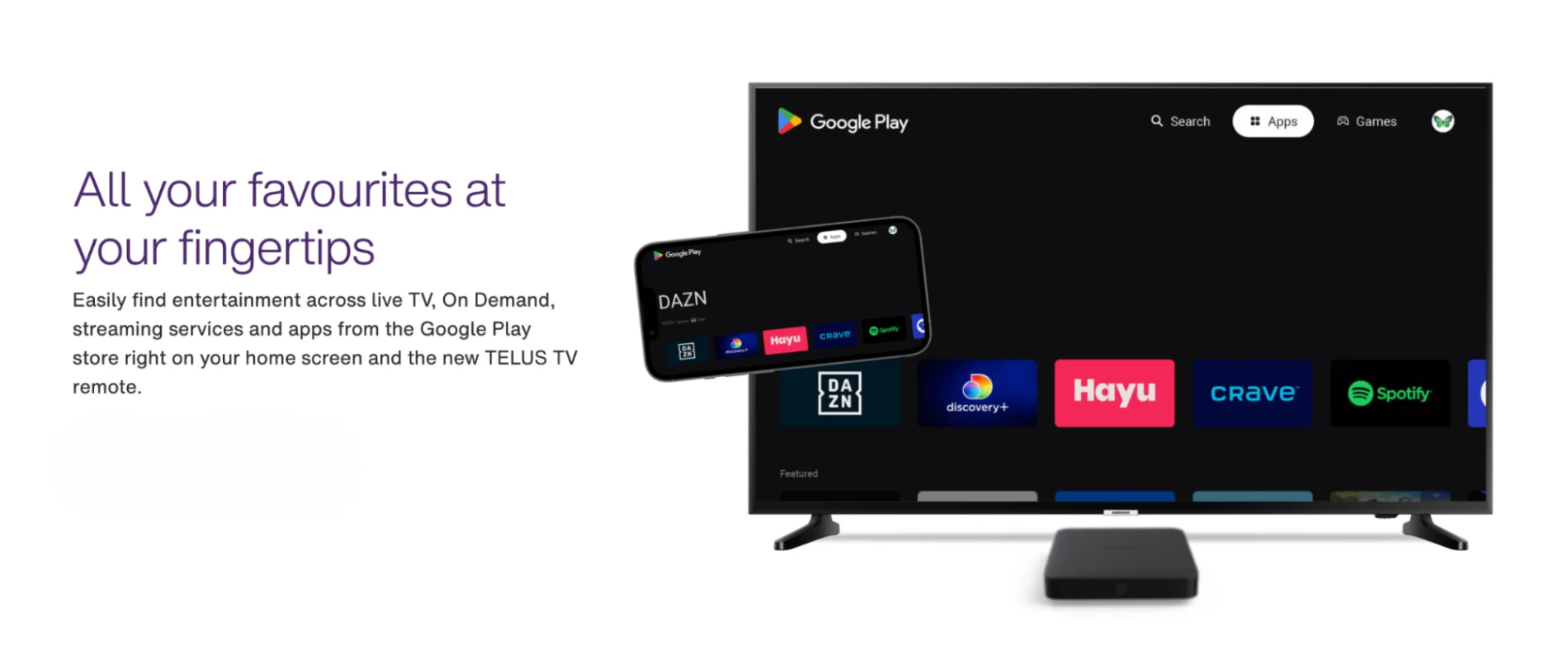How blockchain will solve some of telecom’s biggest challenges
Development · Jun 28, 2018
At TELUS, we take data protection, privacy, and customer experience very seriously. The introduction of a technology that promises to not only improve digital security, but increase speed, flexibility, and transparency of digital transactions and interactions, quickly caught our attention.
Blockchain has gained increasing momentum and interest in the technology and digital space. With circulating talk about cryptocurrencies like Bitcoin, and discussions over a conceivable renaissance of digital data, we decided to join the conversation and provide a perspective on how we believe blockchain will solve some of the telecom’s biggest challenges.
What is Blockchain?
Before we can evaluate the blockchain’s value, we need to understand it. Imagine you wrote an essay in a document for a school assignment. Before the final submission, you decide to send the document to a friend and ask them to read it over. Now, multiple digital versions of your essay exist — you have the original and your friend has a copy. Unfortunately, your friend (soon to be former friend) decides to submit your essay as their own and you have no way of proving that you created the original document.
In order to remedy this digital dilemma, you would need to define ownership of the essay and establish distribution rights within a registry to prove to your teacher that you wrote this essay - enter blockchain!
A blockchain is a list of records – called blocks – secured by cryptography. The system stores information across many computers, meaning it’s decentralized and immune to being corrupted by any one person. It prevents data from being modified or breached in a digital space and can manage online transactions or documentation – from personal investments to medical records.
The Canadian Authors of ‘Blockchain Revolution’, Don and Alex Tapscott, described the technology as, “an incorruptible digital ledger of economic transactions that can be programmed to record not just financial transactions but virtually everything of value.”
How Blockchain Will Change the Telecom Industry
Telecom companies have historically had to restructure their business strategies to account for technological innovations, from the introduction of VOIP services – like Skype and WhatsApp – to over-the-top (OTT) media services – like Netflix.
Similar to how the inception of online databases forced almost every industry to adapt and evolve, blockchain could change the way data is stored and encoded online. As Harvard Business Review has noted, “The “killer app” for the early internet was email; it’s what drove adoption and strengthened the network. Bitcoin is the killer app for the blockchain.”
As the technology matures, we believe that blockchain could be the next large-scale innovative technology that will transform the telecom industry, and the landscape of the digital world altogether.
What are the Near Term Opportunities for Blockchain in the Telecom Industry
1. Digital Identity
With a focus on improved security and traceability, blockchain can be developed to authenticate and verify a customer’s digital identity on a network. By participating in a network of trusted stewards, this technology will prevent subscriber and roaming fraud, and identity theft from accumulating costs over time. Blockchain can work quickly to secure digital identities so customers feel at ease and protected when they are sharing information about their identity.
2. Cybersecurity and Data Protection
The digital space, as it exists now, has been infiltrated with cybercrime that can compromise the privacy and protection of user data. Centralized computing is more susceptible to data loss, fraud, human error, and hacking. Data breaches are not only inconvenient–they’re costly. According to The Canadian Chamber of Commerce, “It costs organizations an average of $6M per data breach in Canada.”
One of the greatest benefits of blockchain is its ability to encrypt data in a way that makes digital information resistant to loss, corruption, or hacking. Fraud has impacted a variety of industries; the telecom industry alone faces nearly $38B in global fraud costs. A system that effectively secures data has the potential to save the telecom industry billions of dollars, while strengthening its users’ trust and sense of security.
3. Near Real-Time Settlement
While the telecom industry can effectively track and charge a customer based on their plan and activity, roaming still contains nuances which present challenges for telecoms. Roaming charges are normally applied when a customer leaves the area covered by a provider and connects to the network of another provider. In some cases, it takes several hours before a customer can be authenticated on a foreign provider’s network and weeks before transactions are eventually accounted for. Through the use of smart contracts, blockchain would allow for near real-time settlements between providers, resulting in fast transactions and enhanced accountability during travel.
The Future of Blockchain
Gartner estimates that the business value-add of Blockchain will grow to more than $176 billion by 2025, and exceed $3.1 trillion by 2030. Following estimates such as this one, blockchain has become one of the most widely discussed technologies available today.
Despite the hype, IBM has highlighted that only 36% of organizations are considering or actively engaged with blockchains, with even fewer making an investment in the development of new business models.
However, what started as an isolated record system, has become the inspiration for a variety of Telecom startups that have started to experiment with the possibilities blockchain offers. Emulating the concept of airtime as a currency (pre-paid minutes swapped for cash), commonly seen in Egypt, Ghana and Uganda, a few early-stage companies have started developing mobile marketplaces using blockchain technology for buying and selling mobile data packages.
Blockchain forges many potential paths of opportunity for a telecom company like TELUS, such as the opportunity to improve privacy and security, forge partnerships, unlock new sources of revenue, and further drive operational efficiencies within our business.
Where Should We Go From Here?
“Steve Jobs used to say, technology can either be beautiful – and he was a fanatic about making products that could be as beautiful as possible – or technology should be invisible, which means simplifying.” - John Sculley
Blockchain engages in the latter – simplifying digital information while remaining expressly undetectable. This system may just reconstruct the digital space from the inside out. The next question is - how will we respond? The first step will be to fearlessly push the boundaries of tradition and enhance our strategic identity as a transparent, secure, and inclusive organization.
Ryan Kardish is a Senior Strategy Manager with TELUS Digital. He is focused on driving the blockchain strategy to solve challenging problems for millions of customers, and delivering meaningful outcomes and experiences in a fun, inclusive, and collaborative environment at TELUS Digital.
Ryan is inspired by the disruptive and transformative nature of blockchain technology and is passionate about driving strategic conversations and outcomes in the fields of Digital Transformation, Artificial Intelligence, and Innovation.



